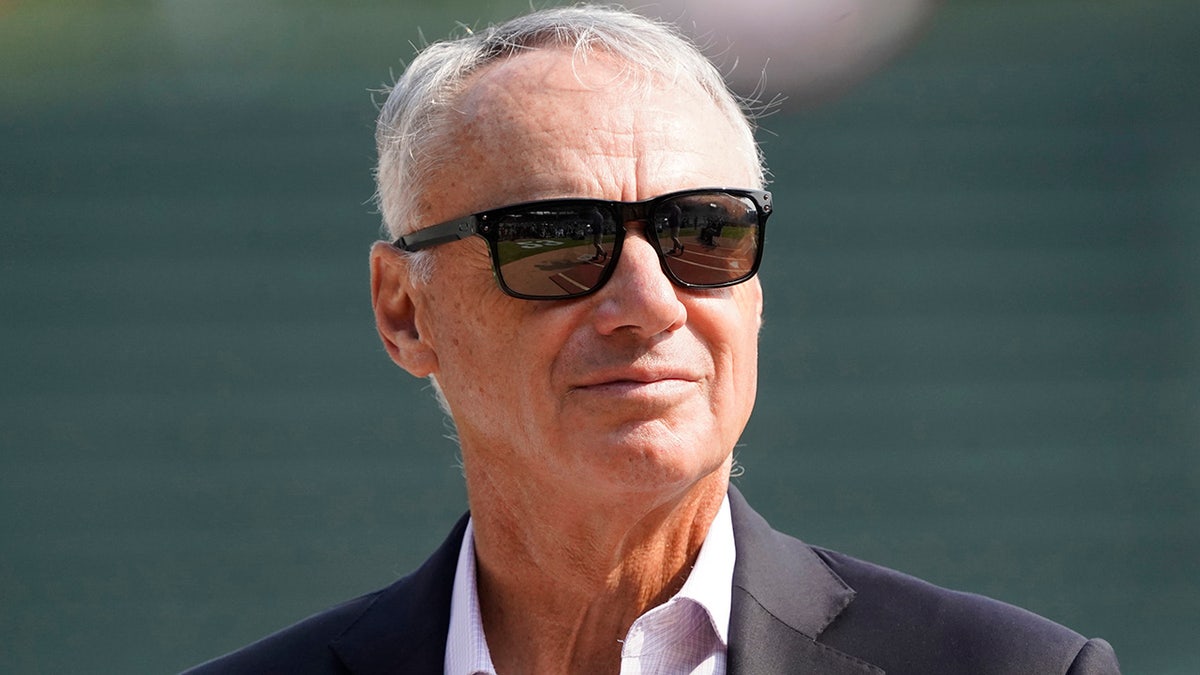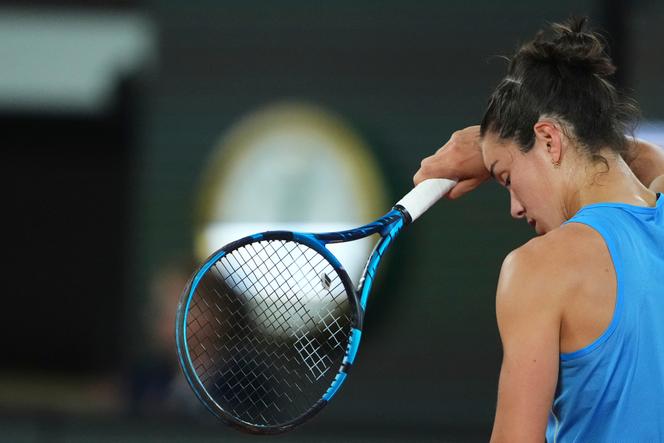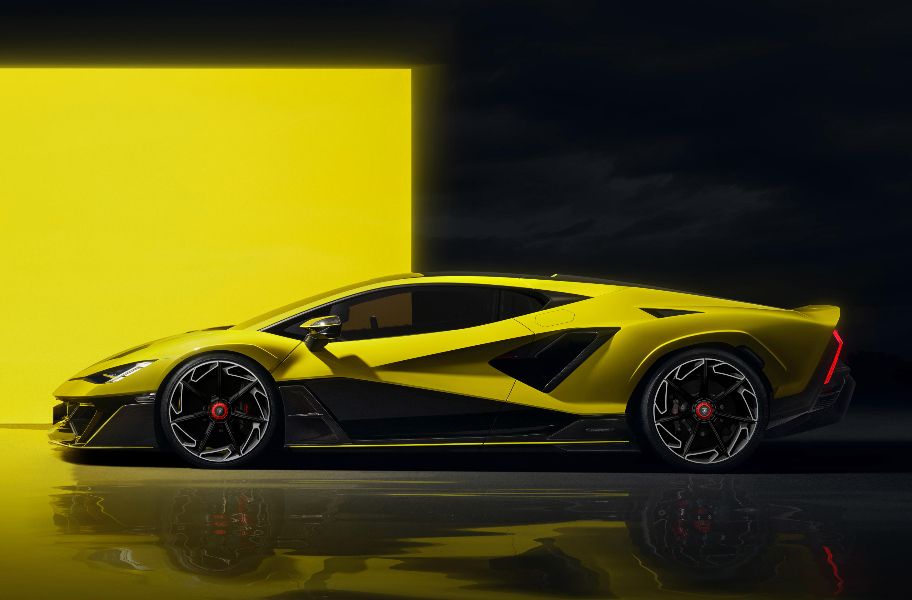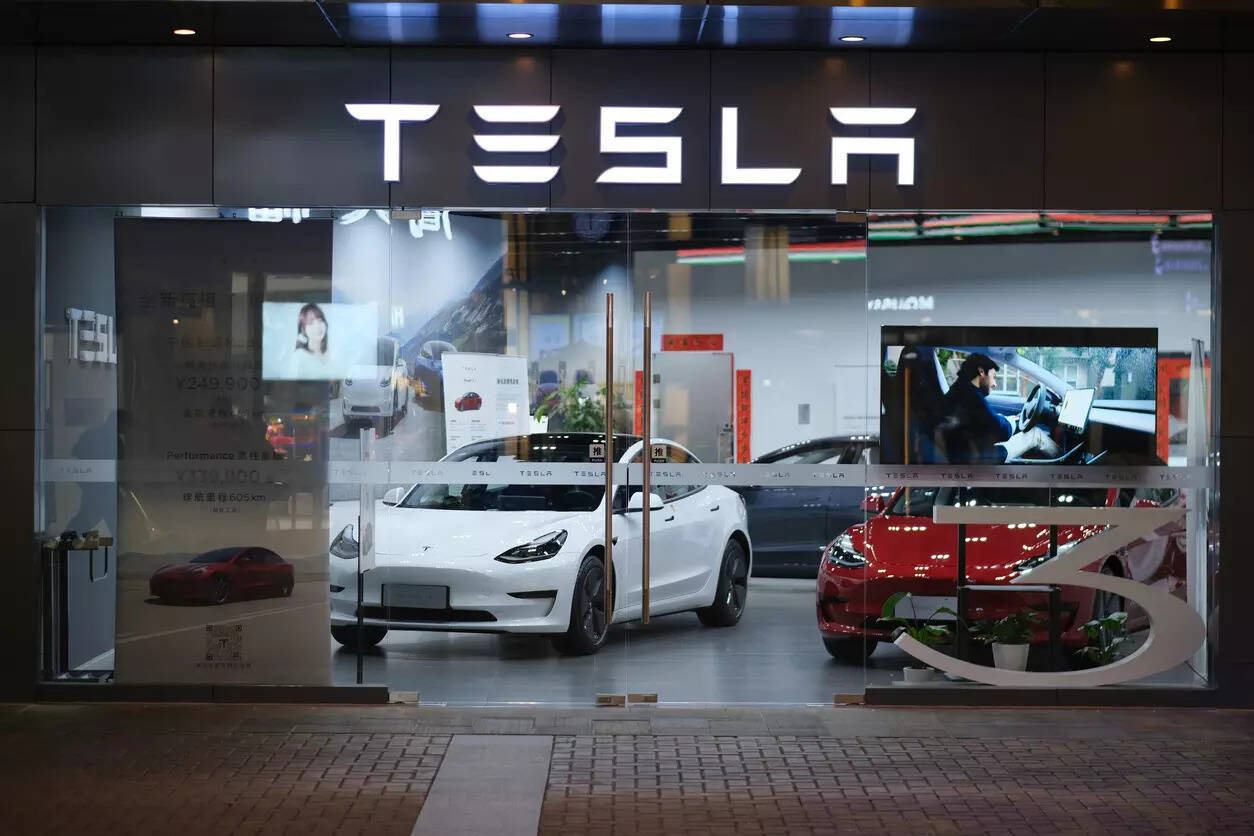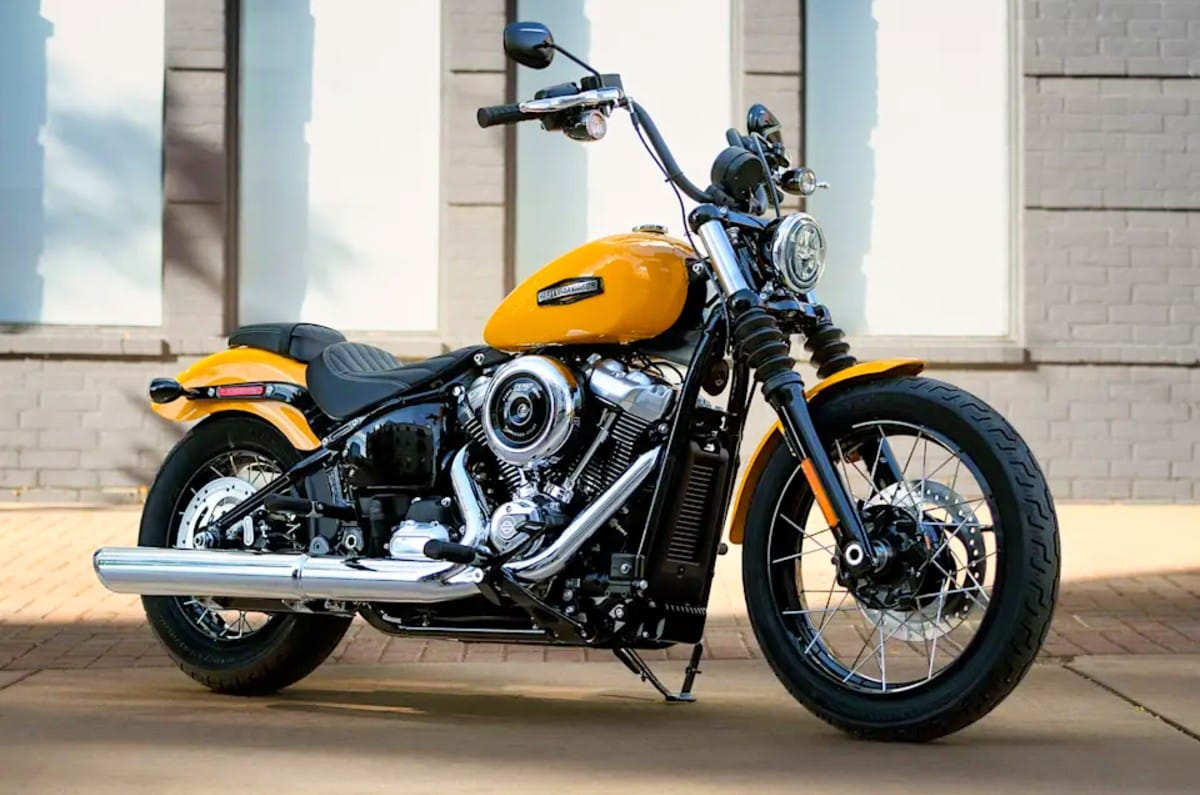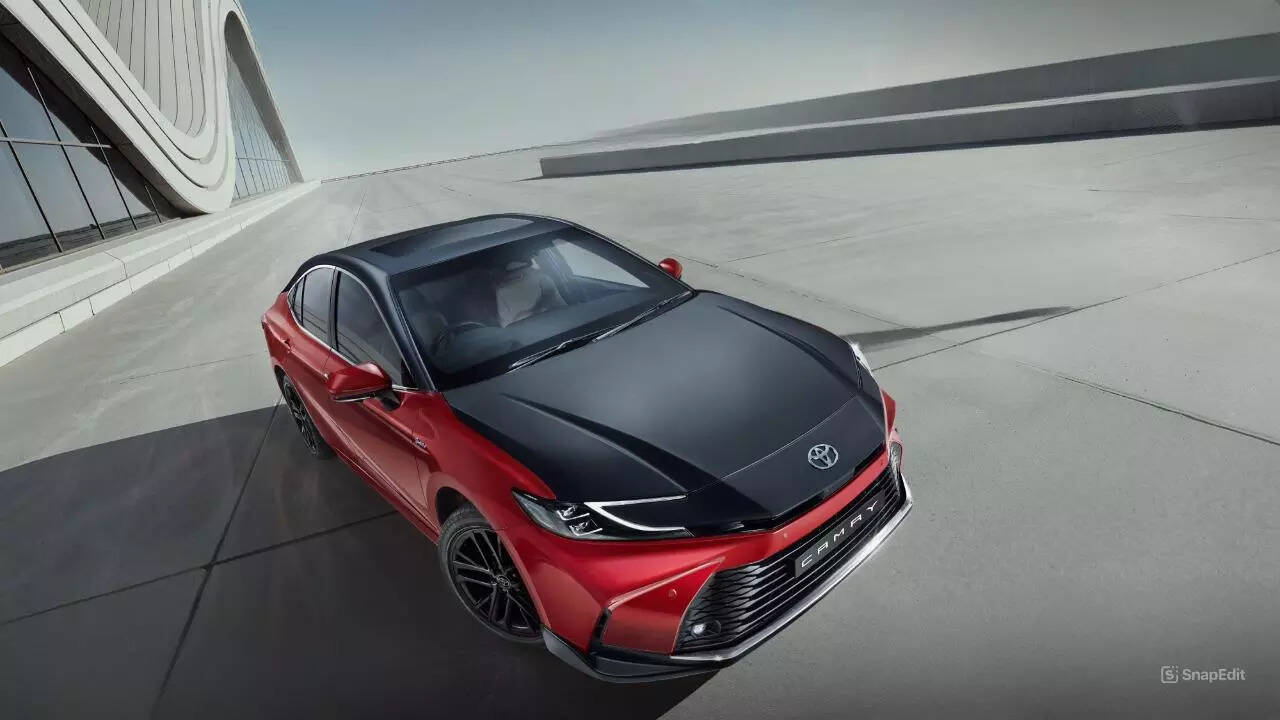The Indian government aims to slash the Goods and Services Tax (GST) on small cars from 28 percent to 18 percent, Reuters reported. The authorities have also proposed a maximum 5 percent GST on insurance premiums. Likely to be effective by Diwali, it would be the largest tax overhaul in almost a decade for the automobile sector.
- GST on cars to be restructured to settle disputes on engine size, vehicle length: PTI
- Small cars made up one-third of the 4.3 million cars sold in FY2025
This comes after Prime Minister Narendra Modi spoke of GST reforms during his Independence Day speech. “We are bringing the next generation of GST reforms…Taxes needed by the common man will be reduced substantially,” he said, though a specific sector wasn’t mentioned.
Maruti, Tata, Hyundai may benefit the most
Most of their sales come from cars with engines below 1200cc

Mass-market carmakers like Maruti Suzuki, Tata Motors and Hyundai Motor India derive over 60 percent of their sales from cars with engines under 1200cc. Increased standard safety equipment and emission compliance have also inflated car prices in recent years. For instance, the cheapest car in India, the Maruti tall K10is priced from Rs 4.23 lakh.
Maruti Suzuki chairman RC Bhargava had recently flagged sluggish sales growth – at just 4.4 percent over the last 6 years – and called for government policies that can facilitate it. “The growth rate of the car industry has become a matter of considerable concern,” he stated. In FY2025, domestic passenger vehicle sales rose only 2 percent year on year, and for the current year, the industry expects a 1-4 percent growth.
Special tax rate for bigger engines
According to a government source cited by Reuters, cars with bigger engines that currently face about 50 percent tax – 28 percent GST plus up to 22 percent cess – may be moved to a new 40 percent special rate, with possible extra levies added to keep total tax in the 43-50 percent range.
MARUTI ALTO K10 PRICE IS EX-SHOWROOM, DELHI.
Also see:


